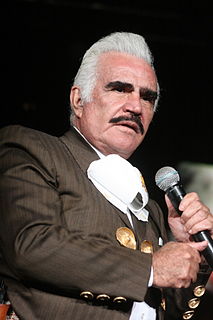A Quote by Frank Carson
My uncle Jimmy took liver salts twice a day for 40 years. He died on Sunday, was buried Wednesday and the following Friday they had to go to the cemetery to beat his liver to death with a stick.
Related Quotes
When we think about living donor transplant, what we're banking on is the ability of the liver to regenerate itself. Now, it's not the same sort of regeneration we think about with the starfish where we cut off the arm and it grows a new arm. With the liver, what happens is the remaining liver gets bigger, and your body knows the size of the liver that it needs, and when it recognizes that there is not enough liver, it sends nutrients and signals to the liver and says "get bigger."
If we had enough cadaver organs to go around we wouldn't do living donor liver transplants because one is we don't want to put a donor at risk, but the second is that it's a more difficult surgery for the recipient because you're getting a piece of a liver rather than a whole liver. It takes you longer to recover, and it has more complications related to where we sew together the blood vessels and the bile ducts.
I've been saying for a couple of years now that people need to let God out of the Sunday morning box, that He doesn't want to just be with you for an hour or two on Sunday morning and then put back in His box to sit there until you have an emergency, but He wants to invade your Monday, Tuesday, Wednesday, Thursday, Friday, Saturday, and Sunday.
My grandmother took me to church on Sunday all day long, every Sunday into the night. Then Monday evening was the missionary meeting. Tuesday evening was usher board meeting. Wednesday evening was prayer meeting. Thursday evening was visit the sick. Friday evening was choir practice. I mean, and at all those gatherings, we sang.
LIVER, n. A large red organ thoughtfully provided by nature to be bilious with. The sentiments and emotions which every literary anatomist now knows to haunt the heart were anciently believed to infest the liver; and even Gascoygne, speaking of the emotional side of human nature, calls it "our hepaticall parte." It was at one time considered the seat of life; hence its name- liver, the thing we live with.
There is a risk of death associated with donating a piece of liver. It's about one in 500 for the risk of death. The risk of death of donating a kidney is about one in 3000, so this is a riskier operation than donating a kidney. The stakes are usually higher for the recipient of the transplant because unlike kidney failure, where you have a dialysis machine, in liver failure we don't have that kind of machine that allows a patient to survive until they can get a cadaver organ.






























